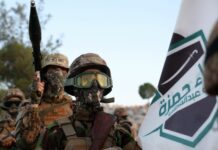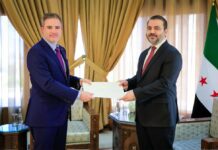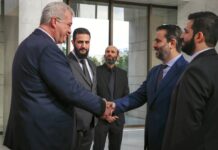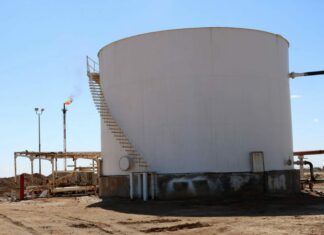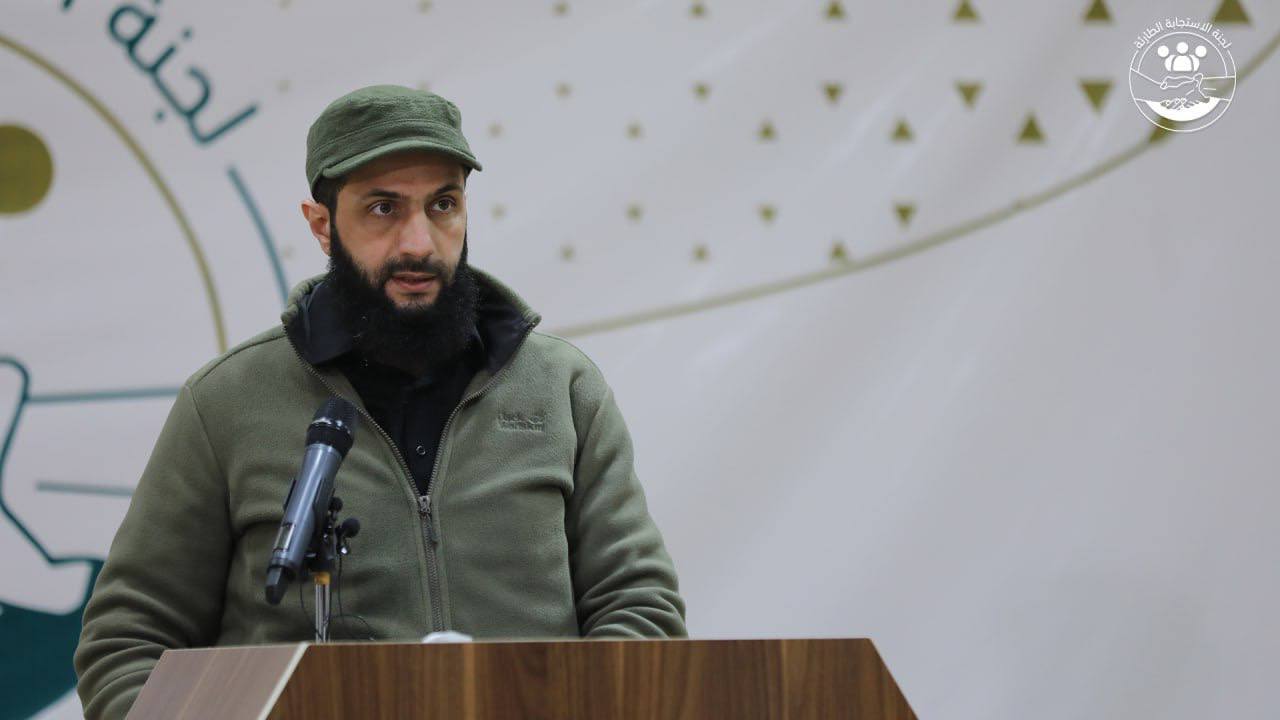
A recent report by the Belgium-based think tank, International Crisis Group (ICG), addresses some of the political issues regarding North West Syria, mainly the interaction of the international community with Hayat Tahrir al-Sham (HTS) one of the dominant military factions in the north and a designated terrorist entity. The report posits that engagement with HTS can be beneficial for both regional and global security as well as improving and alleviating the humanitarian crisis afflicting the people of northern Syria in the wake of nearly 12 years of war and a devastating series of earthquakes.
In the wake of the recent earthquakes some organizations like the ICG and analysts, like Azzam al-Kassir of the Harmoon Center, have explored the possibility of working with HTS to facilitate alleviating the humanitarian crisis in the region. In a recent study, al-Kassir mentioned the organization and centralized nature of the Syrian Salvation Government (SSG) and HTS allowed for a rapid response and crisis management and relief, despite the absence of resources and international aid, noting that, “its centralized decision-making process helped accelerate exceptional emergency measures. …to form new committees and teams, such as the Emergency Response Committee. They were also able to count the damage, organize shelter operations and assist in search and rescue efforts.”
Despite any acumen in governance or disaster management, it remains that while the sanctioned Assad regime receives aid, which documentation has shown it misappropriates, the terrorist designation of HTS causes many to shy away from assisting over 4 million Syrians in northern Syria for fear of “supporting terrorism” thus further complicating and politicizing the issue of humanitarian aid in the troubled region.
Regarding the terrorist designation of the group al-Kassir writes, that a “practical option for the United States, Turkey and the countries concerned is to remove HTS from the list of terrorist organizations and place sanctions on its officials and senior military commanders instead. This may allow for the flow of more humanitarian aid to those living in areas under the control of HTS and alleviate the deteriorating humanitarian situation.”
The ICG report notes that, “opening communication channels with HTS could … improve the humanitarian response to emergencies, like the 6 February 2023 earthquakes across the Turkish border.”
The humanitarian situation can be improved posits the authors by “[giving] more aid to Idlib, going beyond simply life-saving humanitarian assistance, provided that HTS keeps its hands off these supplies, as it has done with the UN provisions now entering Idlib.”
The report stresses the importance of maintaining the peace in the region and encourages both Turkey and HTS to be supported in efforts to preserve peace and reduce the further expansion of the conflict, while increasing the support for the millions of displaced Syrians in Idlib, “Turkey should aim to strengthen the 2020 ceasefire. Western governments should support those efforts and build on three years of relative calm to bolster humanitarian aid. They should also explore opening communication channels to HTS.”

